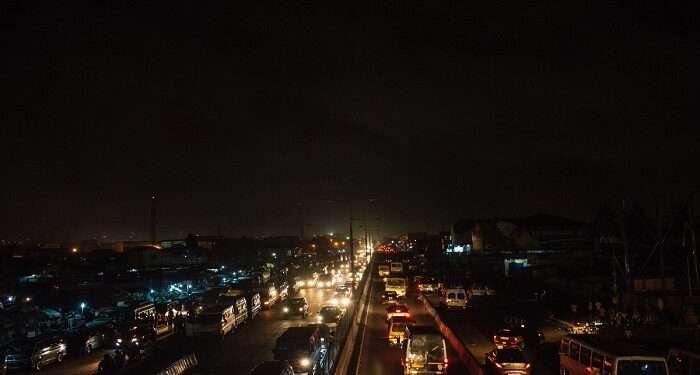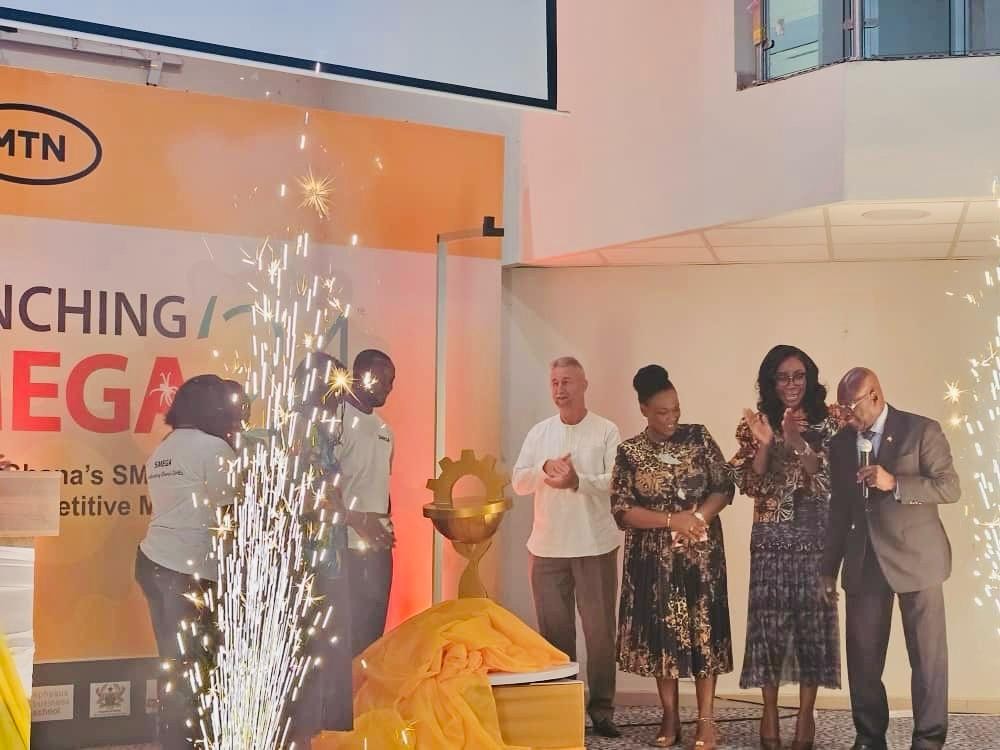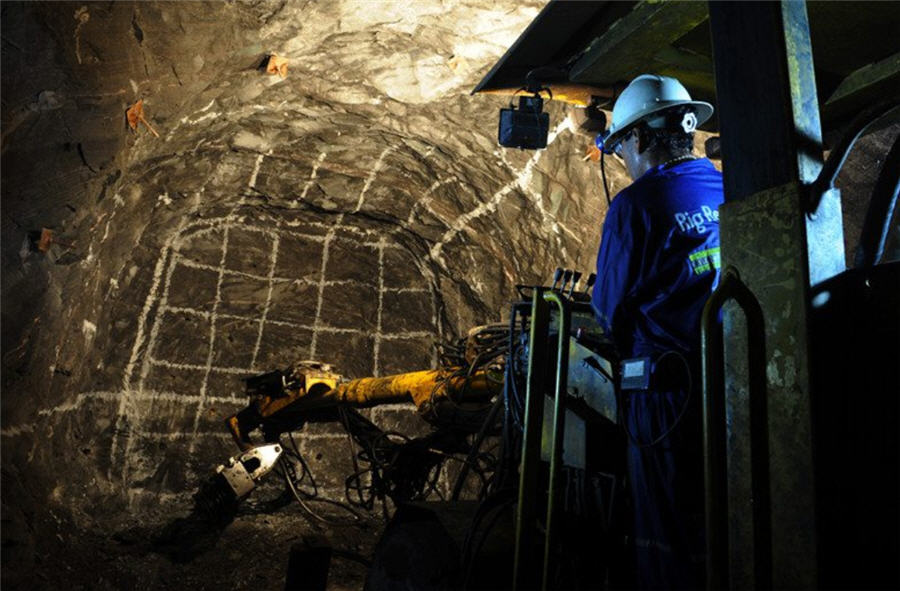By Kwabena Adu Koranteng
Every time the lights go out in Ghana, something deeper fades—hope. For many small and medium-scale business owners across the country, the recent wave of persistent power outages—dumsor—is not just an inconvenience.
It is a slow, silent death of dreams built through sweat, sacrifice, and relentless perseverance. It is a cruel reminder that in a nation full of promise, opportunity can still be so heartbreakingly fragile.
Walk through any market or community, and you’ll see it—shops shuttered before dusk, cold stores melting away their investments, tailors sitting idle, hairdressers apologizing to customers who’ve waited hours, only to be turned away. These are not just lost sales. These are school fees unpaid, rent deadlines missed, and health bills deferred. This is the human cost of unreliable power.
“I lose at least 400 cedis every day the power goes out,” says Esther Mintah, who runs a frozen food shop in Madina. “And when the light comes back, I don’t even know if my freezers will start again. I’ve replaced compressors three times already this year. I’m tired.”
For Kwame Omari, a young graphic designer in Takoradi, the situation is just as grim. “Clients think I’m making excuses when I miss deadlines, but how do I explain that my laptop and Wi-Fi are useless without power? I’m losing jobs and my reputation.”
These entrepreneurs are fighting just to stay afloat. They invest what little they have into generators or power banks, often at the expense of food on the table. They wake up each morning praying the lights will stay on long enough to complete a job, serve a client, or simply keep their products from spoiling. And when the power fails them—again—they bear the burden alone.
Why should it be this way?
Why should the backbone of our economy be left to suffer in silence while policymakers speak in vague terms and utility providers offer no answers?

Small businesses are not just economic units. They are stories of ambition, of survival, of families lifted from poverty one customer at a time. They are the hope of a better Ghana, built not in boardrooms but in kiosks, containers, and corner shops. And yet, we treat them like they don’t matter.
It is not enough to say “we’re working on it.” The time for promises has long passed. What these business owners need is action: consistent schedules, honest communication, financial relief, and investment in long-term energy solutions. They deserve a government that listens—and a system that works.
As Sarah Oblitey Commey, a hairdresser in Kasoa, puts it: “We don’t want handouts. We just want light to work. That’s all.”
Because if we allow this crisis to continue, it is not just the lights we’re losing. We are dimming the future of thousands who dared to believe in a better tomorrow and tried to build it with their bare hands.
Ghana’s small businesses don’t need sympathy. They need power—both literally and politically. Let’s not wait until more dreams die in the dark. Enditem
Adu Koranteng is a professional investigative and Data Journalist, and managing Editor/ Publisher of the National Voice Newspaper based in Accra, Ghana. He is passionate about economic development, entrepreneurship, and social equity in Ghana.
Email: korantengadu@gmail.com Twitter:@Adukoranteng




